Zbigniew Józefowicz
Birth : 1925-06-08, Tarnów, Galicja, Austrio-Węgry [obecnie Tarnów, Małopolskie, Polska]
Death : 2016-08-26

Karowski
Lavish romantic melodrama, obsessively concerned with sex. Maryska's husband is off to war. He soon is reported missing, and she does not protest much when is seduced by the husband's friend, a seedy professor with sickly wife and other mistresses on the side. However, the love of Maryska's life turns out to be a shy 17-year old, son of friends with whom she goes to stay.

Ignacy Daszyński, premier rządu lubelskiego
A two-part historical film covering the years of the First World War and the post-war period up to 1919 - until the signing of the peace treaty in Versailles near Paris. An attempt to show the great and complicated process of regaining an independent existence by a nation within its own state. The screen shows characters from history textbooks: Józef Piłsudski, Ignacy Paderewski, Roman Dmowski, Wojciech Korfanty as well as representatives of the world political scene, incl. David Lloyd George, Woodrow Wilson, Georges Clemenceau, Vladimir Lenin and others.

Ignacy Mościcki, prezydent RP

delegat
The young Kuriata takes the position of the secretary of the City Committee in Grodów, where a corrupt clique ruled for many years. Kuriata begins to introduce competent people to managerial functions, which is enthusiastically received by workers who want changes for the better.

Stefcia's Father
A simple governess and a wealthy aristocrat fall madly in love with each other. However, his family are prejudiced towards her and have other plans for him.

pułkownik

Gość biskupa Grota

major Szletyński

Scout Leader
A day before the beginning of the Second World War, a young resident of Bydgoszcz falls in love with a German teenager.

pułkownik

pułkownik
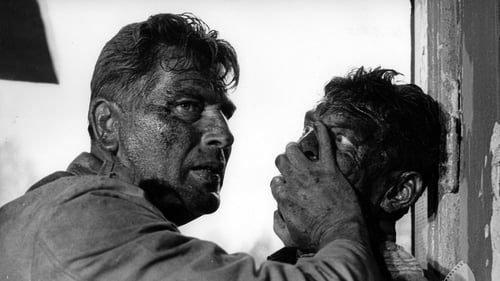
Sgt. Kazimierz Rasinski, Radio Operator
Westerplatte is a small peninsula at the entry to the Gdansk Harbour. Before World War II, it functioned as a Polish ammunition depot in the Free City of Danzig/Gdansk. Its crew consisted of one infantry company and a group of civilians, 182 people in total. It was the only Polish guard-post at the mouth of the Vistula River, with as little as five sentries, one field cannon, two anti-armour guns and four mortars. It was the first obstacle to Hitler's predatory march across Europe. The first shots of World War II were fired here. This film tells the story of Westerplatte's courageous defenders.
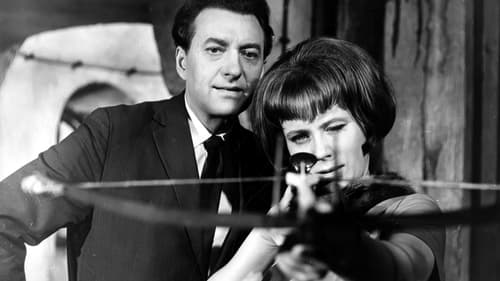
kapitan Półtorak, współpracownik Berenta
A classic criminal story set between Poland and South America.
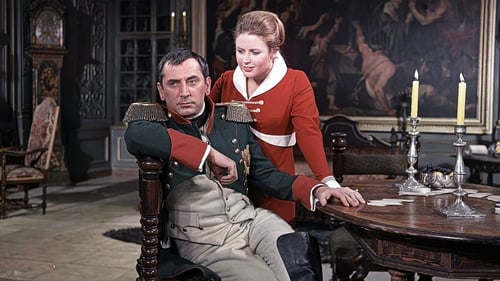
In 1807, Napoleon meets and falls in love with 22-year-old Polish countess Marie Walewska, who is unhappily married to a much older man. Enchanted by the blonde, blue-eyed countess, the emperor enters into an affair with Marie, who uses the relationship to induce Napoleon to treat Poland fairly.
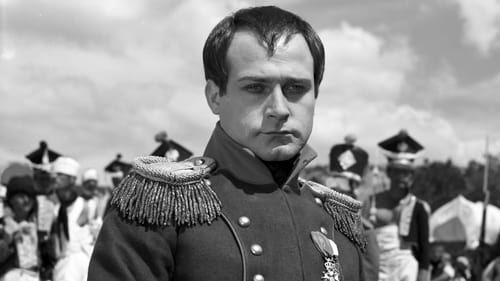
Michcik, sługa Piotra Olbromskiego
Set in the time of Napoleon wars, shows how the wars swept over the unfortunate Polish country at the beginning of the XIX-th century. Story revolves around the Polish legion under command of General Dabrowski, who then fought on Napoleon's side with the hopes of Poland's revival.

nauczyciel gimnastyki Romka
It seems that nothing can ruin Henryk’s (Wienczyslaw Glinski) happy life. He’s a respected lawyer, he’s loved by his son and wife. One day, he receives a letter from the prosecutor’s office. He’s accused of collaborating with the Gestapo. It’s an echo of his past under occupation.
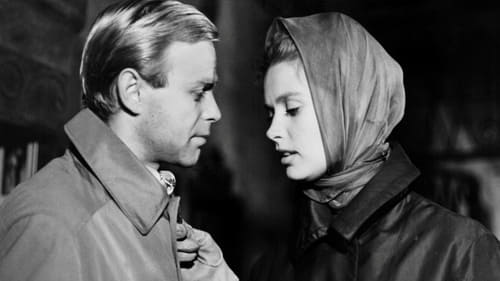
(w napisach: J. Józefowicz)
A thriller about Polish Intelligence Service working on detecting a net of foreign spies.

Waclaw Orzeszko is unlucky soldier. Nobody from the platoon likes him. One day he decided to go away from platoon. At the castle he meet Russian soldier Marusia. At this time German forces came at the castle. They must hide. But there is also second problem. Waclaw's platoon had to find deserter. Polish Soldier close to the castle.

lekarz
After a violent quarrel, Nitka leaves her husband Andrzej. He meets a young girl with whom he is getting closer and closer.

Policeman Arresting Kidnappers
A young boy and girl travel in a strange car and encounter various objects which come alive to help them. Eventually they leave the Earth altogether and visit a strange, new planet.
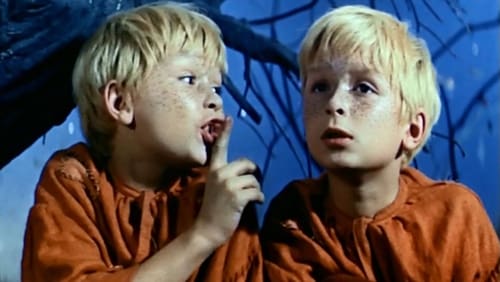
Twin brothers, Jacek and Placek, are the town's troublemakers. They're lazy, greedy and also cruel. They despise hard work, so they cook up a plan to make easy money that would make them rich for the rest of their lives: steal the moon and sell it. They set on a journey to find a place where the moon would be low enough for them to steal. Before they leave, they take the last loaf of bread from their poor hardworking mother. After numerous adventures the boys manage to catch the moon in a fishing net. But it is only the beginning of their troubles.

mężczyzna na seansie u Wiktorii
Krakow in the sixties. A doctor, though not having finished his studies, earns a living providing medical advice. A former nurse enters the stage, saying she hears voices from "the other world". At first, they can exploit gullible victims without problems, but soon the authorities start to show interest in these quacks.

Stefan, wywiadowca
Kazmierz Dziewanowicz's hobby is very strange. He collects people who were born on the 29th of February. One day he sees that in his collection there are two men with the same name, the same birth place, the same date of birth and the same parents. In the middle of the night somebody kills him. The Intelligence Agency begins investigation.

Guest at Lucyna's Party
Sampson is one of several Andrzej Wajda films harking back to his youth during the Nazi Occupation of Poland. Many of these concern not only the struggle between good and evil, but also between passive and impassive. The hero is a Jewish youth. He, like his family, has always been silent and undemonstrative in the face of prejudice. Now he stands up for his right to survive, and in so doing represents the fighting spirit that culminated in the 1943 Warsaw Uprising. It was originally titled Samson, but re-spelled as Sampson upon its American release to avoid confusion with a sword-and-sandal epic of the same name.

SS-man (uncredited)
In this haunting short fiction film, a group of Jewish children and their teacher are herded into an ambulance by Nazis; the vehicle, ordinarily representing comfort and safety, becomes the group’s death chamber. Morgenstern’s presentation of the incident serves as a metaphor for the horror of the Holocaust, and provides a powerful trigger for discussion of the disturbing issues raised by the film. The figure of the children's’ teacher specifically parallels Janusz Korcak (1879-1942), a famous Jewish educator who ran an orphanage in the Warsaw ghetto and died with his young charges at Treblinka.

Nurek Antoni Barnat
Diver Antoni Barnat is falsely accused of causing an accident underwater that almost led to his fellow diver's death. Interestingly enough, they are both in love with the same girl, Teresa.

Rudniok, ojciec Karlika
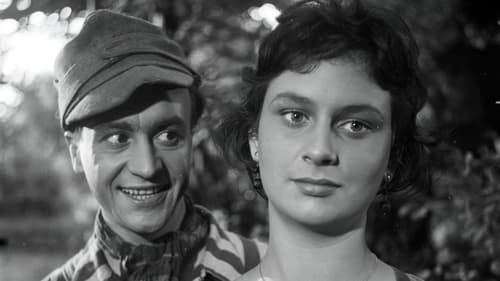
komendant szpitala
In the last days of World War 2, people of various ethnic background meet in a Polish military hospital in a small German town, whereas a Nazi SS division hides in the local forests and tries to move westwards.

Jan Gawlikowski
With the second part of his Cellulose Diptych, award-winning director Jerzy Kawalerowicz returns to protagonist Szczesny, now a full-fledged, middle-aged communist militant in pre-war Poland. Based on the writings of Igor Newerly, Kawalerowicz's epic chronicles the romance between Szczesny and the charismatic Madzia, as the ill-fated pair fall in love amid the social and political upheaval of their homeland.

Jan Gawlikowski
Through the fate of the boy - whose hunger drives from his home village , and who receives a severe school of life , going through different social environments in order to become conscious , revolutionary activist - creators show a realistic panorama of conflicts in pre-WWII Poland.






















